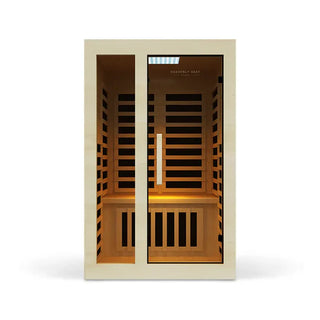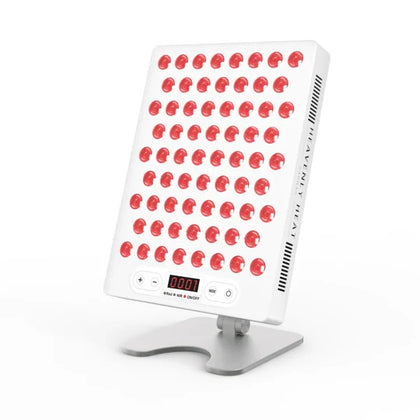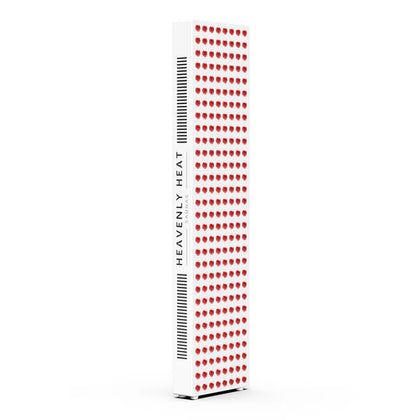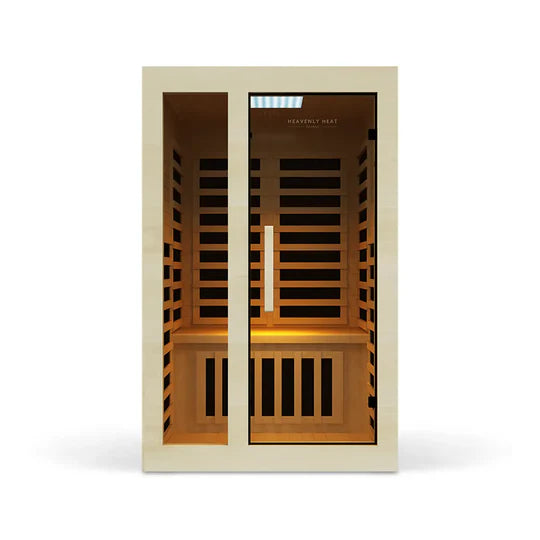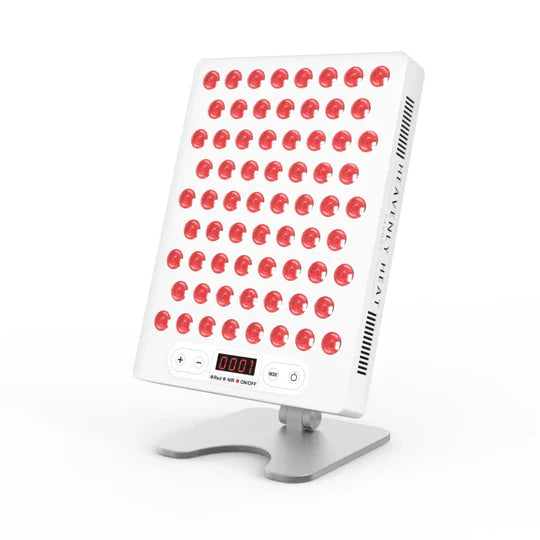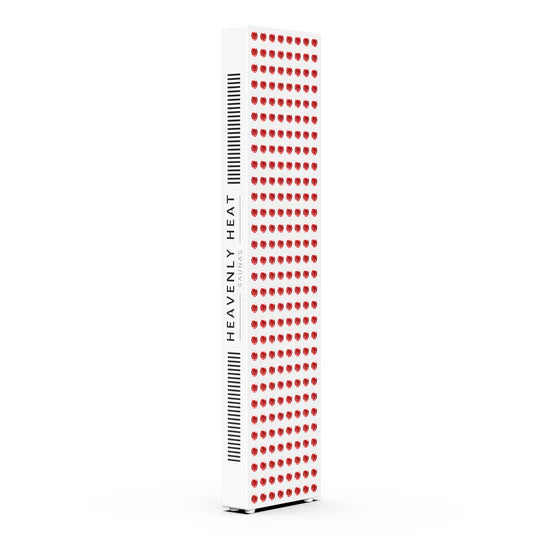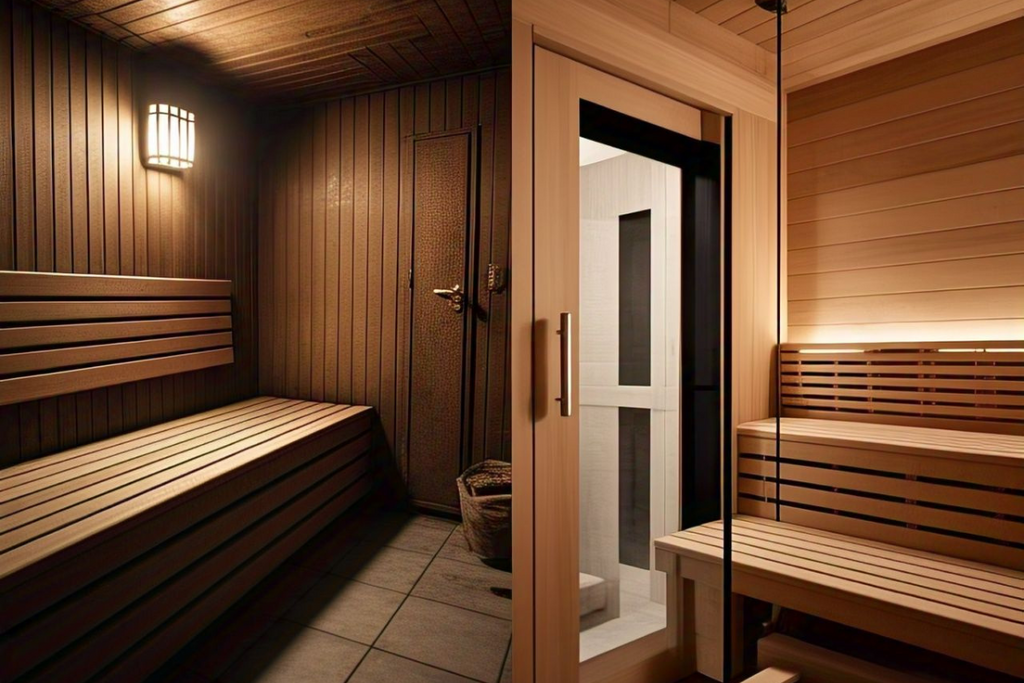Indoor vs. Outdoor Saunas: Pros and Cons Compared
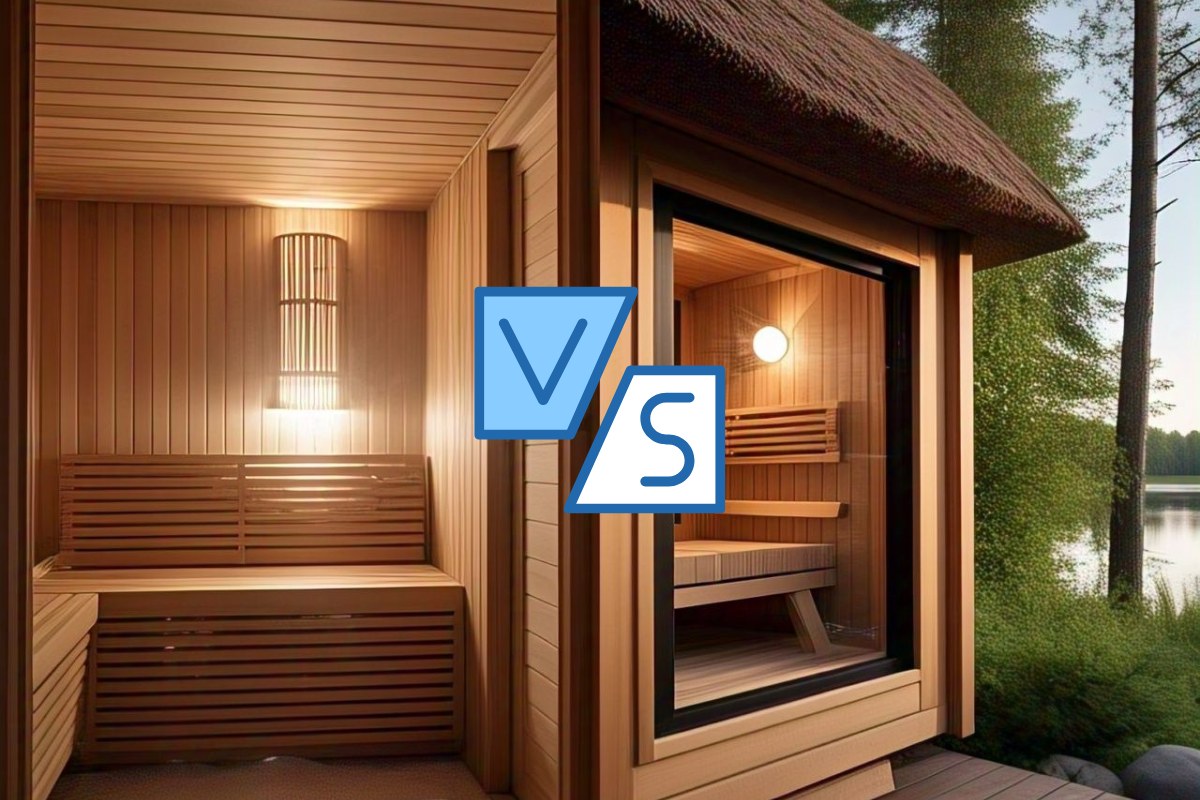
Saunas have been around for centuries, offering relaxation and health benefits. A sauna is a heated room designed to make you sweat, helping your body release toxins and improve circulation.
There are different types, including traditional steam saunas and modern infrared saunas. Traditional ones use heated stones to create steam, while infrared saunas use light to warm the body directly.
Saunas originated in Finland, where they have been a key part of culture for over 2,000 years. Beyond history, saunas help blood flow better, reducing muscle tension and stress, leaving you feeling refreshed.
Practical Considerations: Installation, Space, Location & Cost
- You need to choose the right place before anything else: Installing an indoor sauna starts with picking a suitable location. Make sure there’s enough room for proper ventilation, insulation, and heat to circulate safely.
- Even a small sauna needs at least 4x4 feet of space: While you can start with a compact area, more room means better comfort and ease of use in the long run.
- Outdoor saunas need a strong, flat base to sit on: Whether it’s concrete, gravel, or a solid deck, the foundation must be level and stable to keep your sauna safe and steady.
- If it’s going on a deck, make sure the deck can handle the weight and heat: Outdoor saunas are heavy and get hot, your deck needs to be built strong enough to support both.
- Indoor saunas are cheaper to install, but outdoor ones might save you on home changes: Installing indoors usually costs less upfront, but outdoor saunas often avoid major modifications to your house.
Durability, Maintenance & Energy Efficiency
- Using strong wood helps outdoor saunas last longer: Outdoor saunas deal with rain, snow, and extreme temperatures that can crack or warp regular wood. Choosing stronger wood like cedar, thermally treated pine, or hemlock helps them stay in good shape for years.
- Indoor saunas don’t need much maintenance: Because they are protected from the weather, indoor saunas stay cleaner and require less care over time .
- Protecting your outdoor sauna before winter prevents damage: Applying weatherproof coatings, sealing small gaps, and checking drainage before cold weather hits can stop problems before they start.
- Good insulation means lower energy bills: Insulating your sauna well, whether it’s indoors or outdoors, helps keep the heat in and reduces the amount of energy needed to run it.
- Infrared saunas save more energy than traditional ones: Dr. Brent A. Bauer , director of the Mayo Clinic Complementary and Integrative Medicine Program, Infrared heaters work at lower temperatures but still provide great health benefits. This makes them more energy-efficient compared to electric or wood-burning saunas.
- You can enjoy a full sauna experience while using less power: Infrared saunas use less electricity but still give the same relaxing and health-boosting experience, which makes them a smart choice for saving energy.
Seasonal and Usage Factors
- In winter, outdoor saunas take longer to heat and feel less convenient: Outdoor saunas offer a great experience, but in extreme cold, they take more time to warm up. This means you need to plan ahead, and it may not feel as comfortable stepping out into freezing weather.
- In summer, outdoor saunas can get too hot if placed in direct sunlight: During hot months, outdoor saunas may overheat if they're set up in open sun. This can make them uncomfortable to use unless they’re placed in shaded or cooler spots.
- Humidity affects both indoor and outdoor saunas differently: In humid weather, indoor saunas may need better airflow to stay comfortable. Outdoor saunas, on the other hand, can be affected by too much moisture in the air or rain, which may require extra care or maintenance.
- Bad weather can stop you from using an outdoor sauna: Heavy rain, snow, or storms can make it hard or unpleasant to use an outdoor sauna. Indoor saunas don’t have this problem, they can be used comfortably all year round.
Lifestyle Impact & Home Value
- An indoor sauna makes relaxing part of your daily life: Indoor saunas make daily relaxation easy, offering a warm retreat just steps away. They integrate seamlessly into routines without being affected by weather.
- An outdoor sauna gives you peace and quiet away from the house: If peace and quiet are a priority, an outdoor sauna creates a true escape away from household noise.
- Wellness at home is becoming a big part of how we live: "Wellness is emerging as an important role in real estate because the home is a central component of a life well-lived," says Stephanie Anton, president of Luxury Portfolio, Chicago.
- The sauna you choose can change how much your home is worth: The choice between indoor and outdoor saunas also affects home value. Indoor saunas attract buyers looking for convenience and luxury, while outdoor saunas boost curb appeal, especially in scenic areas.
Ambiance & Experience
- An indoor sauna gives you warmth and privacy at home: An indoor sauna feels private and convenient, perfect for those who enjoy a controlled, cozy environment. It’s like having a personal spa where everything is easy and close by.
- An outdoor sauna makes you feel closer to nature: An outdoor sauna provides something unique, a deep connection to nature. The fresh air, surrounding trees, and open space make the experience more immersive and peaceful.
- The outdoor setup adds a natural, rustic charm: Outdoor saunas often offer a rustic, traditional charm that many find more authentic. The setting itself becomes part of the relaxation, adding to the calming effect.
- Pick based on what relaxes you most—cozy indoors or fresh outdoors: If you seek a spa-like retreat, an indoor sauna works best. But for pure nature-driven relaxation, nothing beats the outdoors. The right choice depends on what kind of experience makes you feel at ease.
Privacy Considerations
- Indoor saunas give you natural privacy: Indoor saunas are built inside your home, so you don’t have to worry about anyone seeing in. Your walls provide all the privacy you need.
- Outdoor saunas might let neighbors see in: If your sauna is outside, there’s a higher chance someone nearby can see you, especially in residential areas.
- You can still make an outdoor sauna private: Privacy problems with outdoor saunas can be fixed by adding fences, trees, frosted glass, or simply putting the sauna in a hidden part of your yard.
- Indoor saunas don’t need anything extra for privacy: Since indoor saunas are already enclosed, you don’t need to add anything else to keep your space private.
- If privacy matters most, indoor is the safer choice: If privacy is your top concern, it’s easier to get that with an indoor sauna. But with the right setup, an outdoor sauna can still work well.
Resale Impact
- The value a sauna adds depends on where and what kind it is: A sauna can boost your home’s resale value, but not always in the same way. Indoor saunas attract people who want convenience. Outdoor saunas feel more like a luxury retreat, which can appeal to different buyers.
- Some buyers love saunas, others see them as a problem: While some homebuyers see a built-in sauna as a luxury, others worry it might be hard to maintain or that it takes up too much space. It really depends on the buyer’s lifestyle and priorities.
- A sauna helps more when it suits the home and climate: If the sauna fits nicely into the home’s design and is kept in good shape, it can be a big plus, especially in colder areas where saunas are more popular and practical.
- An old or unused sauna can turn buyers away: If the sauna looks outdated or doesn’t seem useful, it might actually hurt your home’s appeal. In that case, removing or updating it could help protect your resale value.
- Buyers need to see the sauna as a benefit, not a burden: To make the sauna work in your favor, highlight its benefits and show how it fits naturally into the home. When it feels like a smart feature, not just an extra, it adds real value.
Final Verdict
Would you rather have the ultimate convenience of a spa-like retreat inside your home or the immersive tranquility of a nature-inspired escape?
Both indoor and outdoor saunas offer relaxation, health benefits, and a boost to home value, but their advantages cater to different lifestyles.
If seamless integration into your daily routine is your priority, an indoor sauna provides year-round accessibility and privacy without the concerns of weather or maintenance.
On the other hand, if you crave a more rustic, open-air experience that enhances your connection to nature, an outdoor sauna delivers an authentic and peaceful getaway.
No matter your preference, investing in a sauna is an investment in your well-being. Explore the options available and choose the one that best suits your lifestyle.
study
https://jamanetwork.com/journals/jamainternalmedicine/fullarticle/2130724




